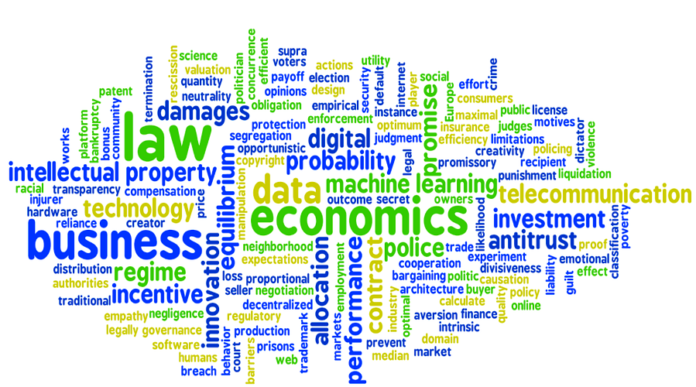Economics is a branch of social science concerned with the production, distribution and consumption of goods and services. Economics is known to be one of the valued courses that a student can pursue in college. The following are a few reasons to venture into the discipline.
Economics has a good reputation
It is a course that is well respected by people of all industries because of its importance. Economics isn’t a single topic, It’s an approach that lends itself to many fields, from microeconomics to industrial organization, government, econometrics, game theory and many other fields.
There are terrific job opportunities for Economics graduates
With an economics degree, you can work in a variety of different lucrative fields from finance and banking to public policy, sales and marketing, civil service, insurance and actuarial work. You can also decide to extend further in economics by getting into political science, business, or a variety of other fields.
Economics knowledge is useful at a personal level
Pursuing a degree in economics allows you to learn a lot of skills and you are able to acquire knowledge that you can apply to other jobs or to your personal life. Learning about critical factors like interest rates, exchange rates, economic indicators and equity markets can help you make better decisions about investing and obtaining mortgages. As computer technology becomes more and more important in both our business and private lives, learning to use data intelligently gives you an advantage over persons with fewer skills who make decisions on impulse.
As an economist, you will understand unintended consequences
Economics teaches students how to understand and identify subsequent effects and possible unintended consequences. Many economics problems have secondary effects, for example, the dead weight loss from taxation is one such secondary effect. A government creates a tax to pay for a needed program, but if the taxation is carelessly crafted, a subsequent effect of that tax may be that it changes people’s behavior, slowing economic growth. By studying economics and practicing with a number of economics problems, you will learn to spot secondary effects and unintended consequences in other areas. This skill will help you make better decisions about your personal life and make you more valuable to business. The numerous math concepts and assignments that you will go through studying economics in college should not worry you as now there are websites like homeworkdoer.org that offer help with schoolwork easily.
Studying economics provides a deeper understanding of how the world works
By studying economics you will learn more about the impact decisions have on specific organizations, entire industries, and on a national level. You will learn more about the impact of international trade, both positive and negative. You will discover the effect specific government policies have on the economy and on employment. This will help you make more informed decisions as both a consumer and as a producer. The government also needs better-informed politicians. Studying economics is a very good way of improving public sector performance and Economics gives us all the ability to think of things more clearly and to understand the implications of decisions we may be making.
Combined courses
With economics affecting every element of our lives, it follows that the subject complements and blends with others well. Many universities offer dual honors degrees so students can combine their Economics degree with another discipline to be studied concurrently. A good example is Economics and Statistics or Engineering Economics.
Real-life application of Economics
The case-based learning emphasis on economics degrees makes it really easy to see how the theory taught in class has real-life applications, especially when considering the volatility of global markets. Many colleges offer an opportunity to apply learning in the working world while studying, with attachments in industry.
Independence attributes development
Economics students devote a lot of their learning time to studying independently. This prepares them for life in the real-world, where people are expected to take responsibility for their own progress and conversely, contribution to the progress of the society.






















